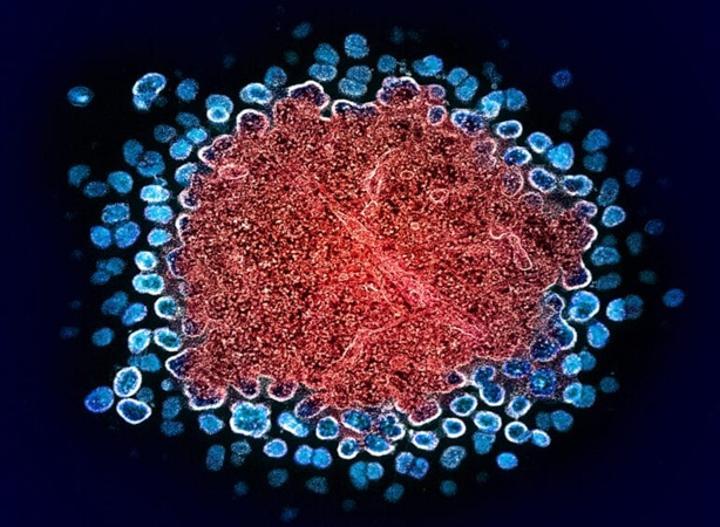Africa-Press – Mozambique. UN Women warns that almost 30% of the new HIV infections in Mozambique occur among adolescent girls and young women, which reveals “profound gender inequalities” in the African country.
“In Mozambique, “adolescent girls and young women in the age group of 15 to 24 years old represent 30% of all new HIV infections in the country, despite forming only 10% of the country’s total population”, reads a note from the United Nations entity for gender equality and women’s empowerment released today.
For the UN agency, this “alarming” figure reveals “profound gender inequalities”, which continue to place women and girls in a situation of greater vulnerability.
Along with the warning, UN Women reaffirms its commitment to integrating the “gender perspective into all public health strategies, promoting parliamentary leadership in combating the epidemic”.
“No response to HIV is effective if it is not also a response for equality,” it said.
Mozambique is third in the world for the number of people infected with HIV and the second for the most new AIDS infections, with “teenage girls and young women” being the most affected, according to a report released on 13 May in parliament.
“Mozambique ranks third in terms of the number of people living with HIV in the world and second in terms of the number of new infections,” says the annual report of the Parliamentary Office for the Prevention and Control of HIV, presented at the 1st Ordinary Session of the Assembly of the Republic, in Maputo.
According to the document, Mozambique has an estimated 2.3 to 2.6 million people living with HIV, including 125,000 to 170,000 children, with a prevalence of the disease of 12.5% in people over 15 years of age, “being higher in women (15%) than in men (9.5%) in the same age group”.
Among the most vulnerable groups affected by the disease in the country are “adolescent girls and young women aged 15 to 24”, with around 23,000 new infections recorded in 2023, a rate around three times higher than the number of new infections in boys and young people of the same age, the report also explains.
For More News And Analysis About Mozambique Follow Africa-Press






